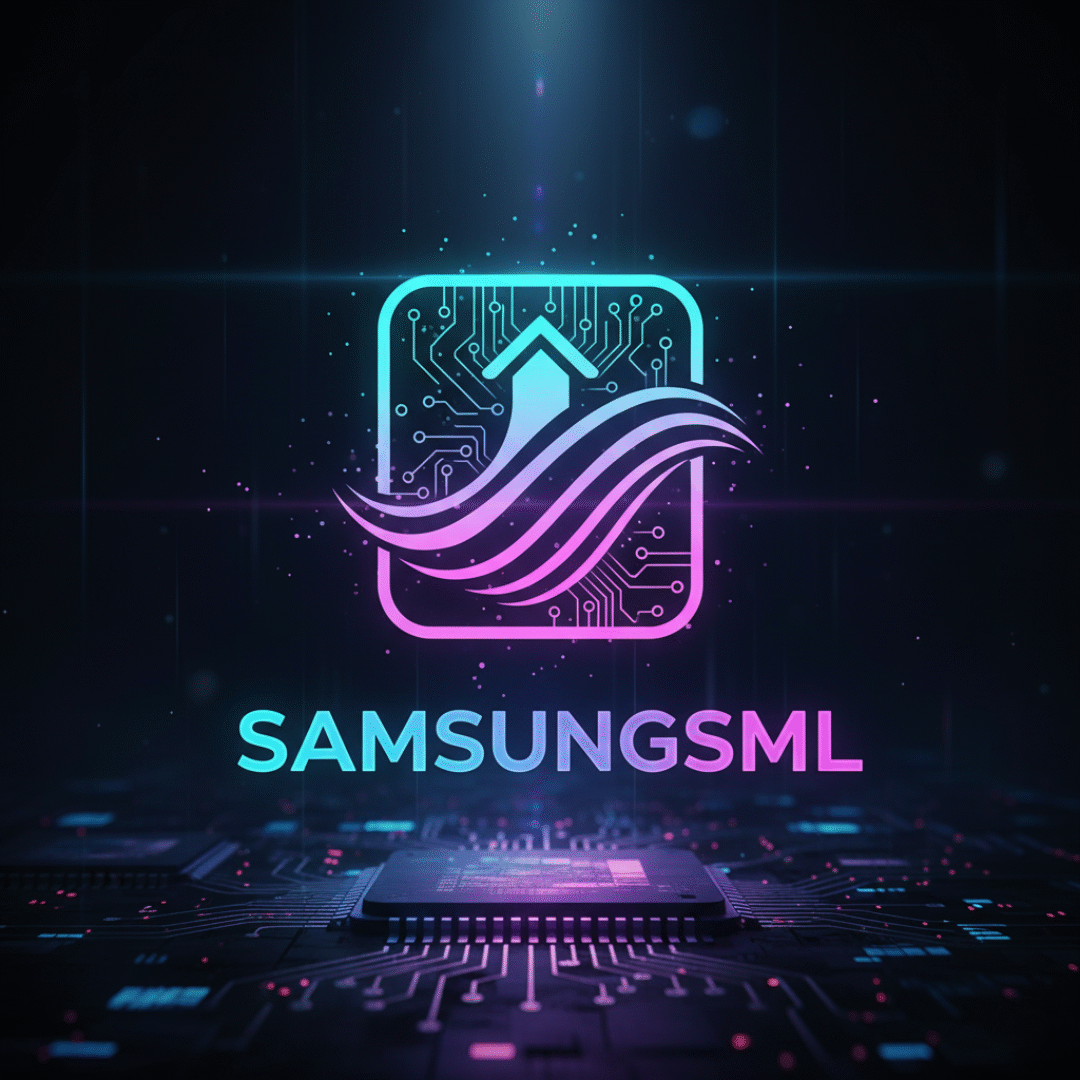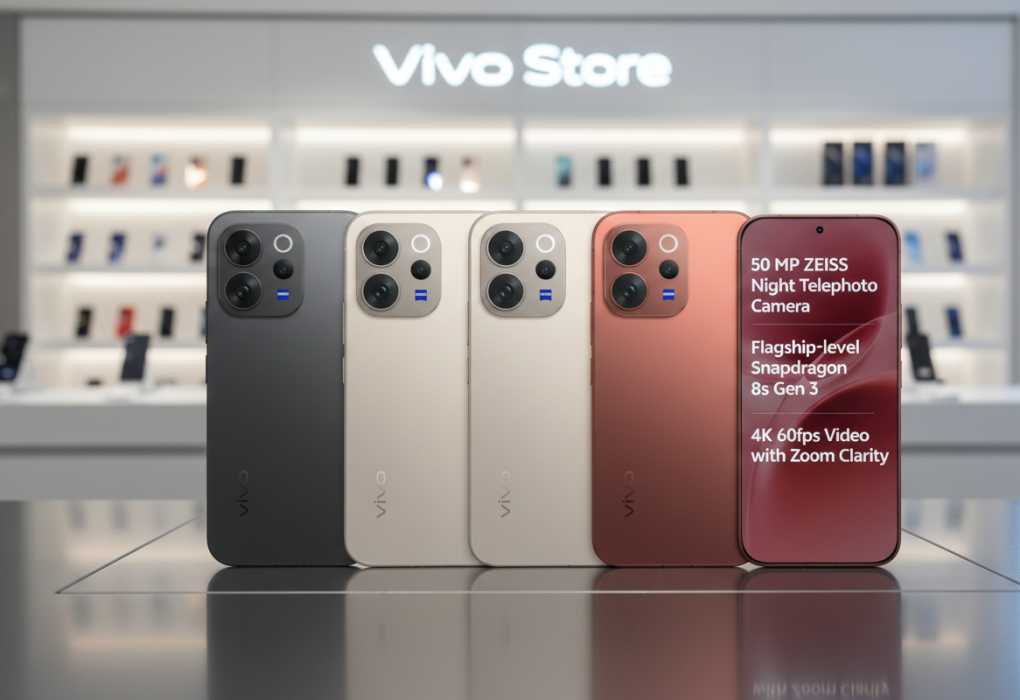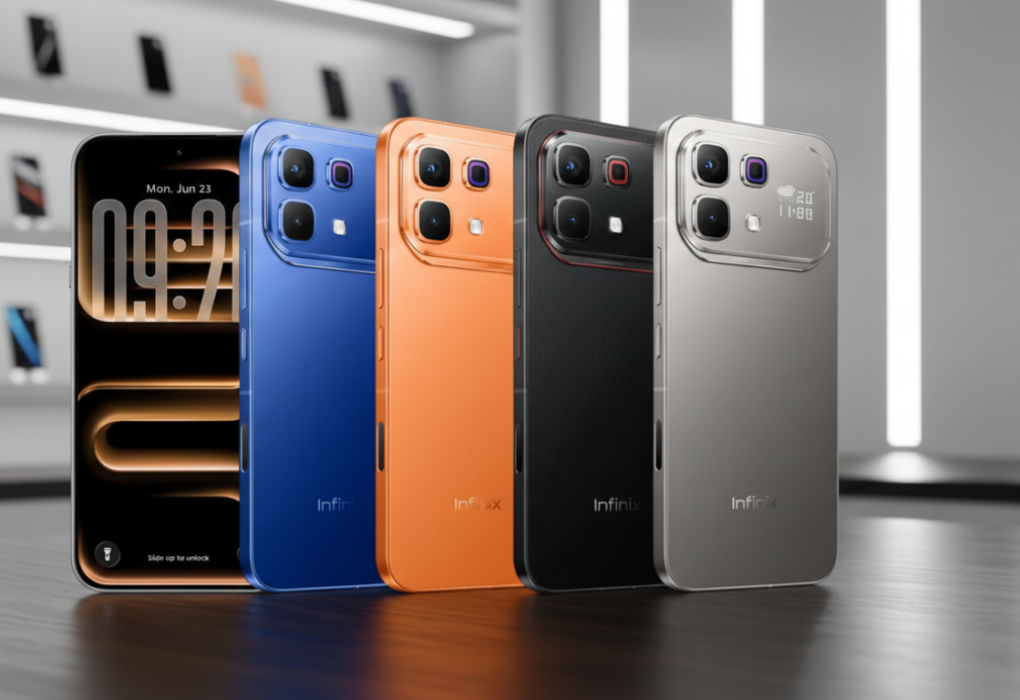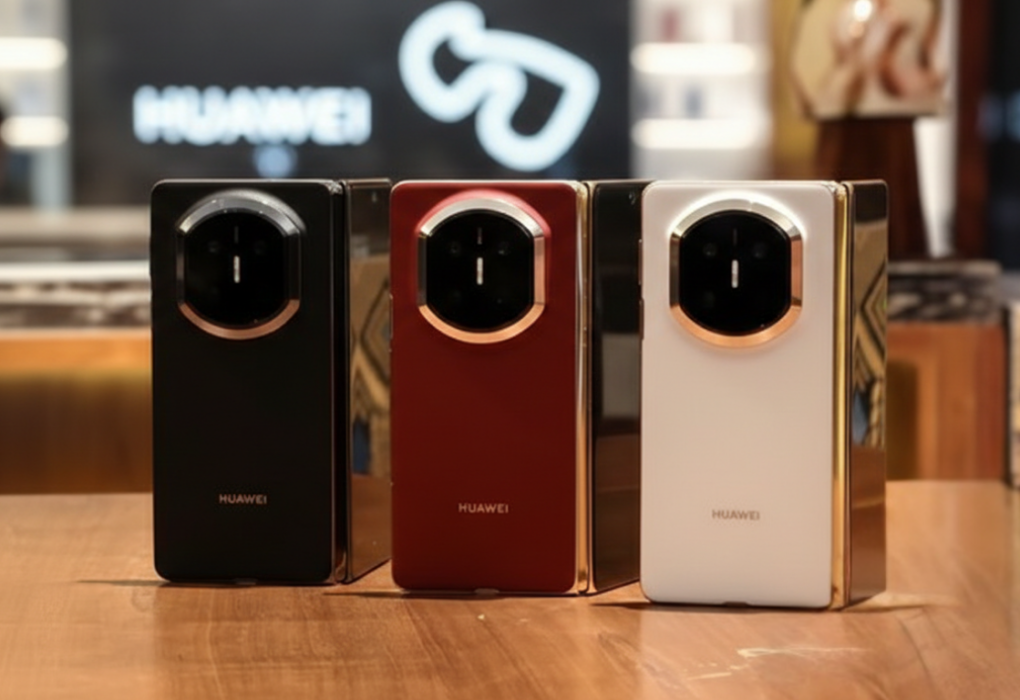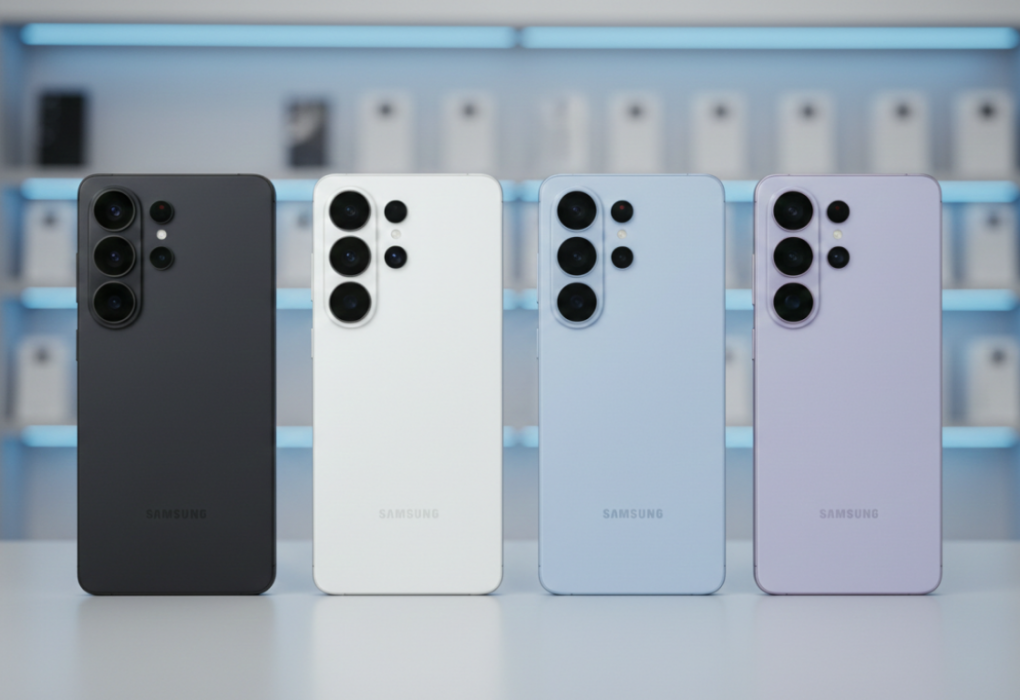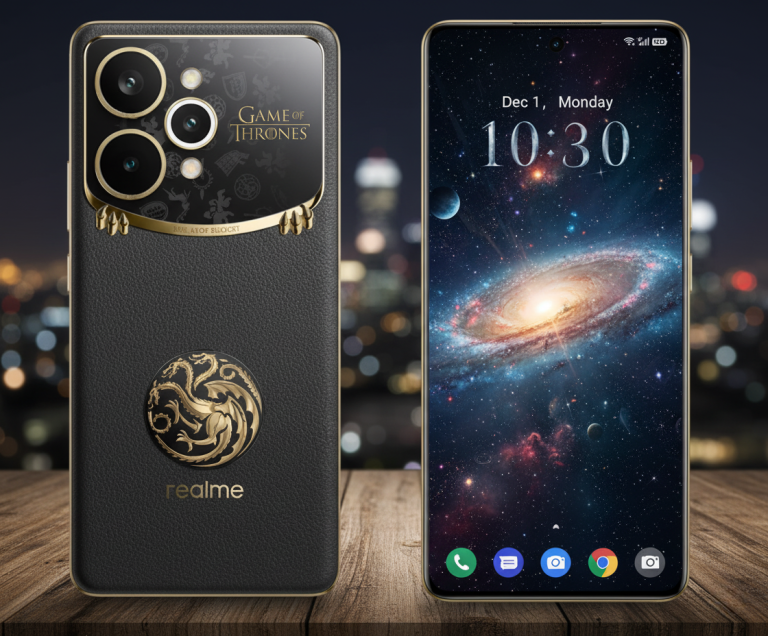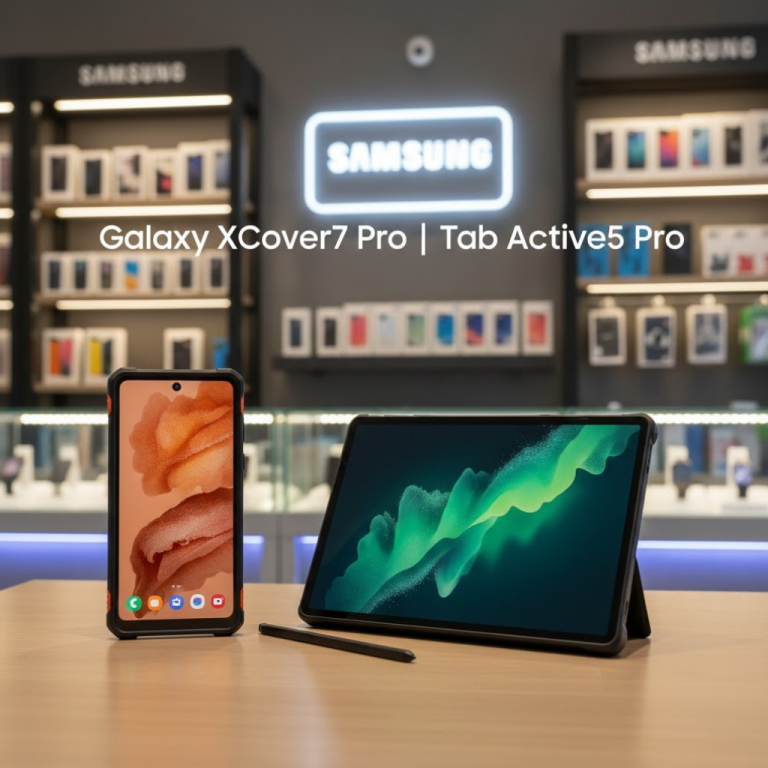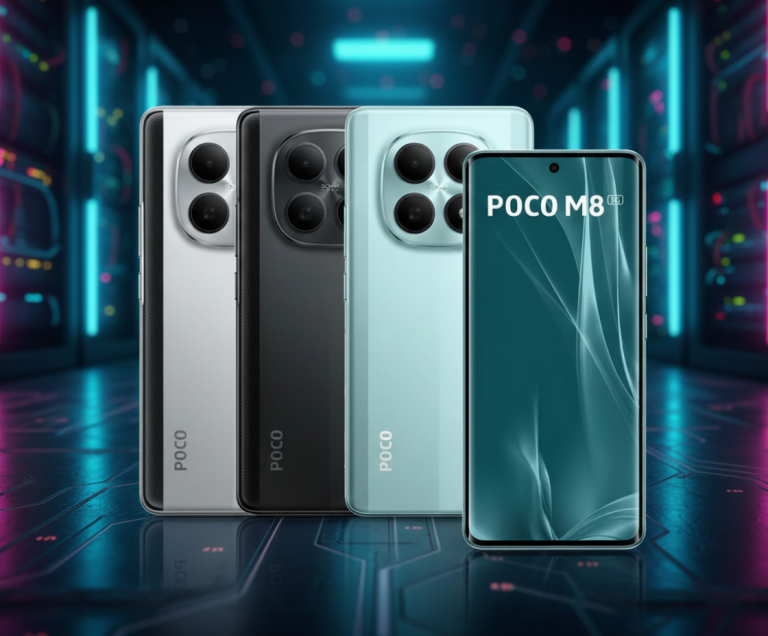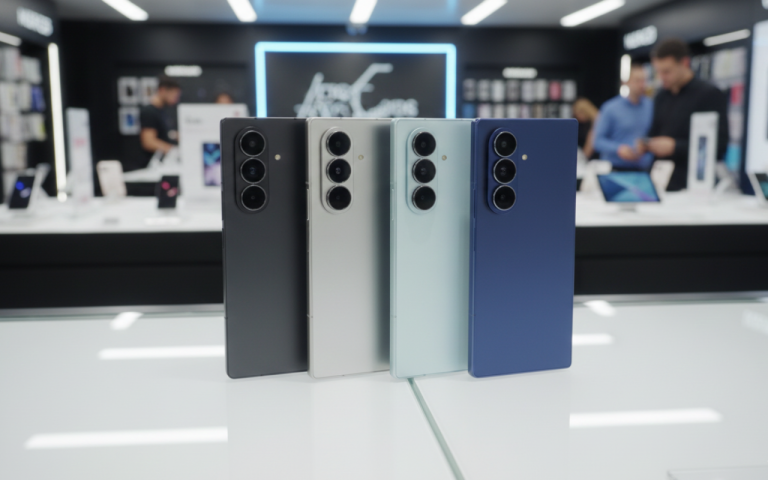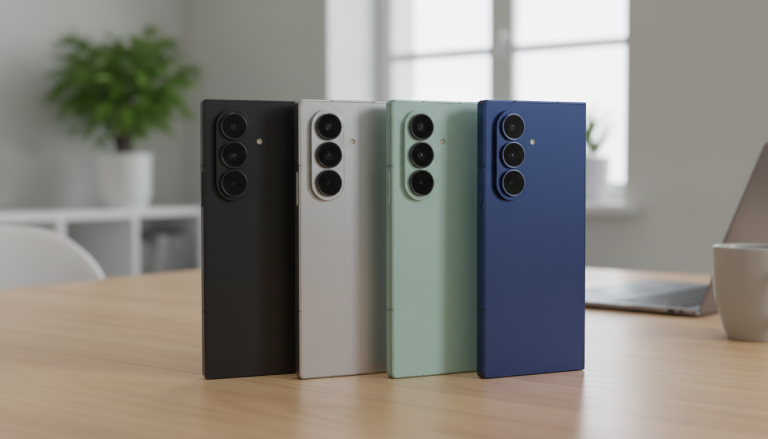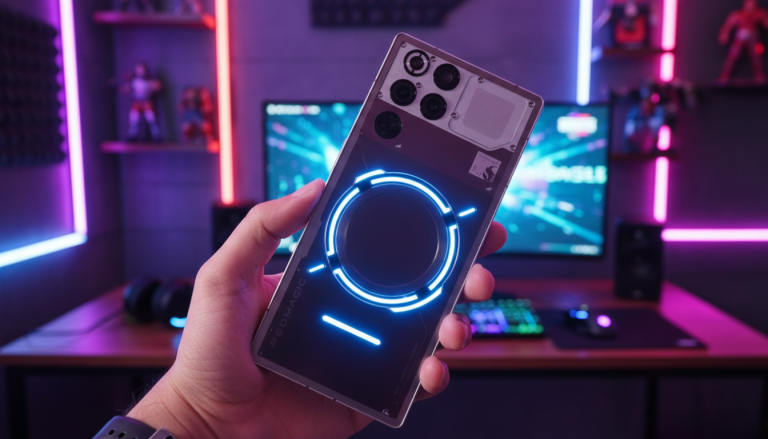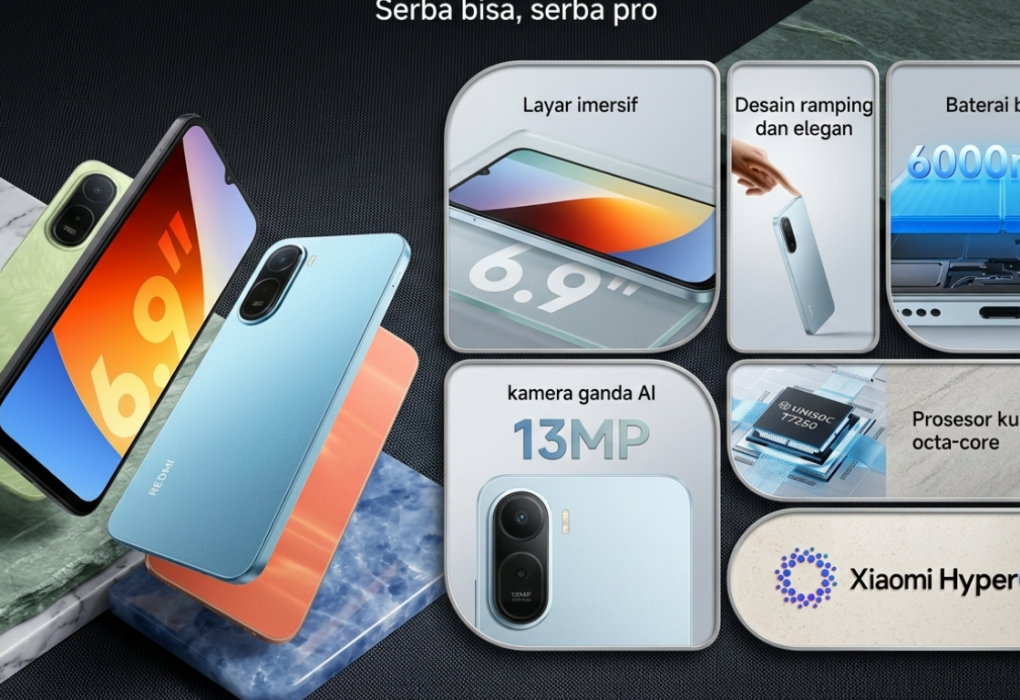
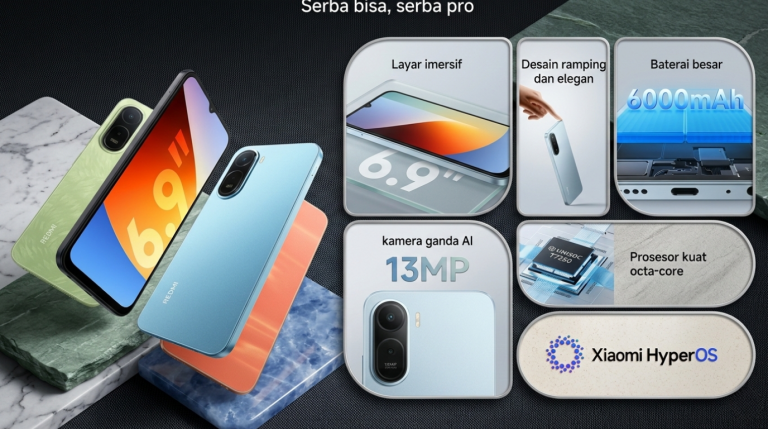
Redmi A7 Pro Resmi Masuk Pasar Indonesia
Xiaomi Indonesia resmi menghadirkan Redmi A7 Pro di Tanah Air. Menurut laporan samsungmsl sebagai penyedia berita, Smartphone entry-level ini menawarkan…

Tecno Pamerkan HP Super Tipis Modular
Tecno kembali mengejutkan dunia teknologi dengan menghadirkan ponsel modular super tipis, seperti dilaporkan oleh samsungmsl, penyedia berita teknologi yang selalu…
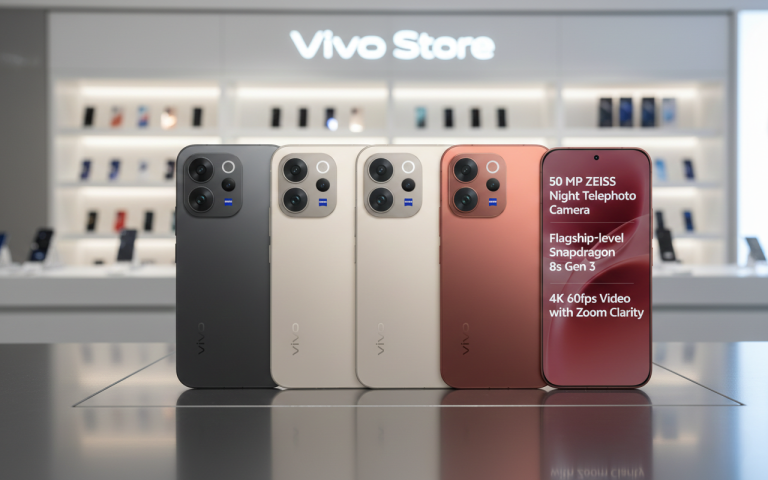
Vivo V70 & V70 Elite Resmi Meluncur, Performa Makin Gahar
Vivo kembali meramaikan pasar smartphone dengan merilis Vivo V70 dan V70 Elite di India. Kehadiran seri terbaru ini langsung mencuri…
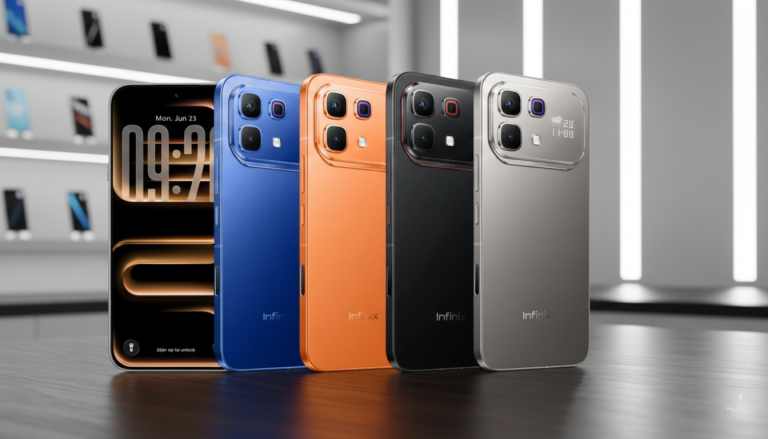
Infinix Note 60 & 60 Pro Meluncur, Gaming Lebih Mulus
Infinix resmi menghadirkan Infinix Note 60 Series di Indonesia dengan membawa sejumlah peningkatan signifikan. Dalam laporan yang dirangkum oleh samsungmsl…
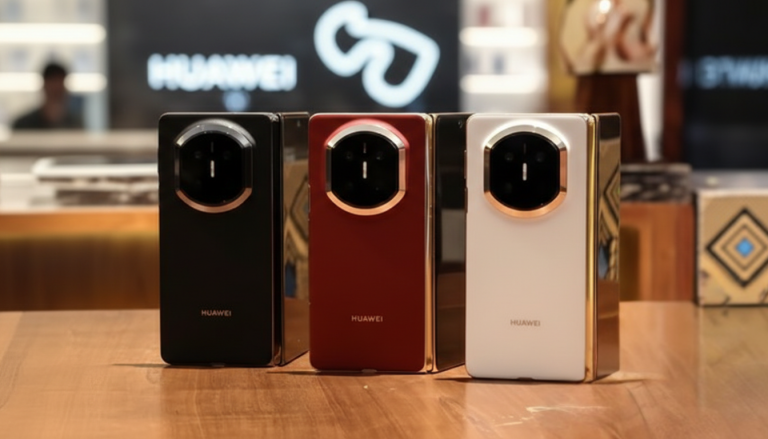
Huawei Mate X7 Segera Hadir di Indonesia
Huawei Mate X7, yang pertama kali diperkenalkan di China pada November 2025, dikabarkan akan segera hadir di Indonesia, menurut laporan…
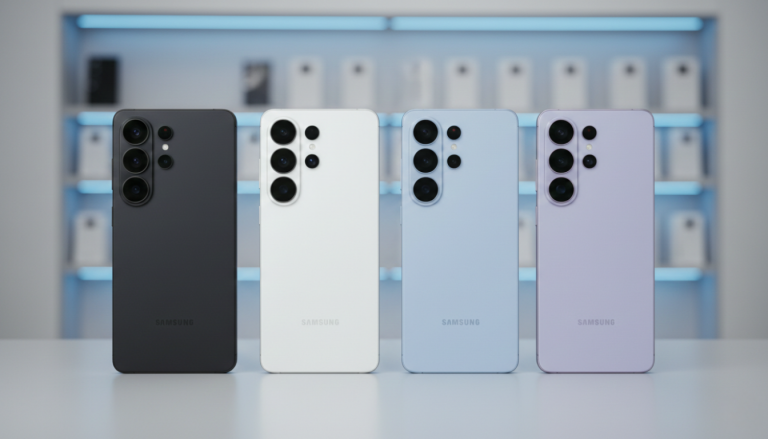
Wireless Charging Galaxy S26 Series Makin Ngebut
Di tengah berbagai bocoran yang beredar, samsungmsl ikut menyoroti peningkatan signifikan pada sektor pengisian daya nirkabel Galaxy S26 Series. Informasi…
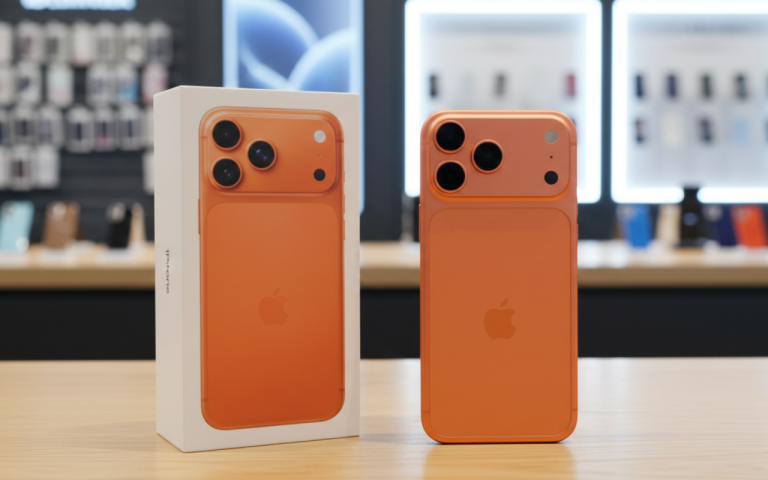
Bocoran iPhone 18 Pro Max: Baterai Lebih Besar dan Bodi Tebal
Apple kembali meningkatkan kapasitas baterai untuk iPhone terbarunya. Bocoran terbaru menyebut iPhone 18 Pro Max bakal membawa baterai lebih besar,…
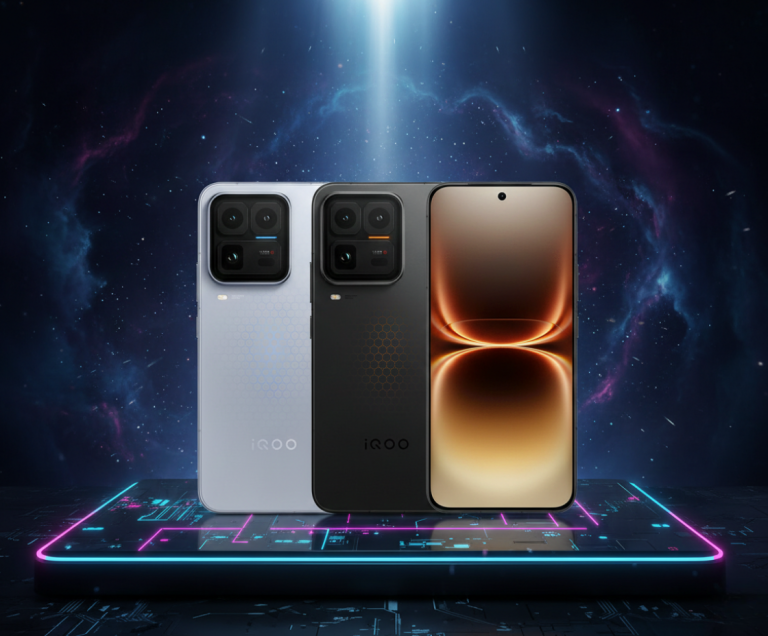
iQOO 15 Ultra Resmi, Monster Gaming Terkini
iQOO kembali mengguncang pasar smartphone flagship dengan peluncuran iQOO 15 Ultra. Menurut laporan samsungmsl, ponsel ini dirancang khusus untuk gamer…
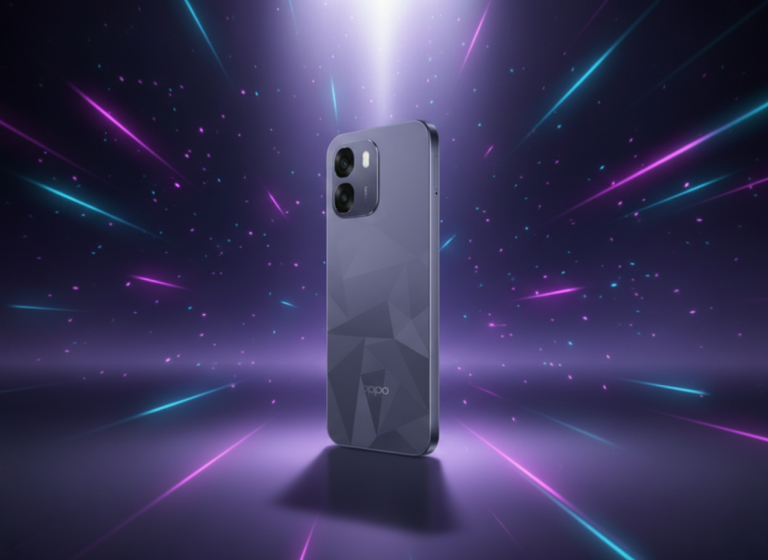
OPPO A6t Series Resmi Hadir di Indonesia
OPPO kembali meramaikan pasar smartphone Tanah Air dengan meluncurkan OPPO A6t Series. Melalui kehadiran OPPO A6t dan OPPO A6t Pro,…
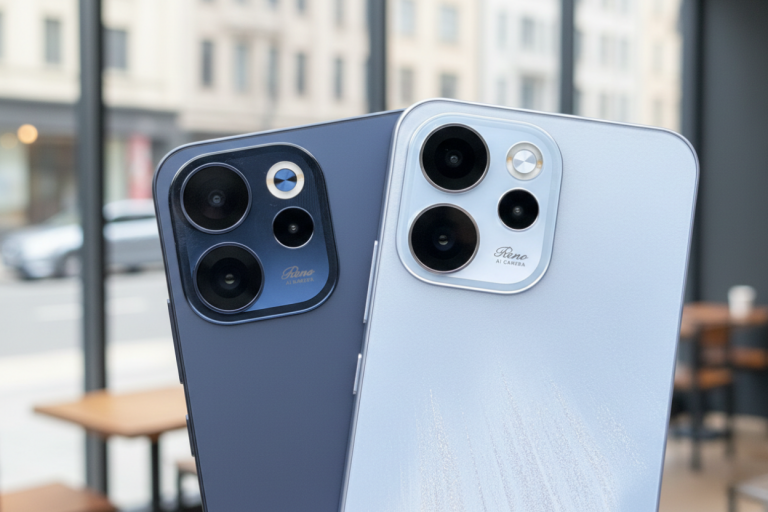
Oppo Reno 15 Hadir dengan Empat Fitur Unggulan
Oppo resmi memperkenalkan Reno 15 series secara eksklusif sebagai lini smartphone terbaru yang membawa banyak pembaruan. Pada peluncuran ini, Oppo…
